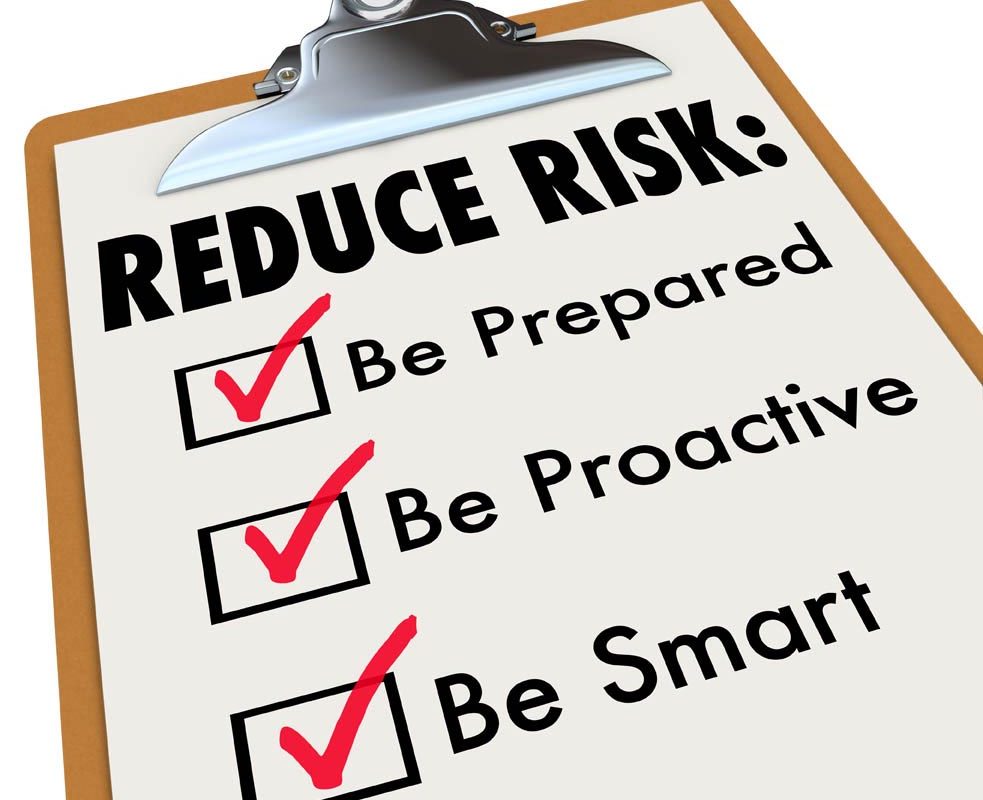If you are an employer in the UK these days, there are many rules and regulations which you have to abide by which simply did not exist 30 or 40 years ago. Most of these have been brought in by the government with the best of intentions, but unfortunately, they have the effect of piling more and more responsibilities on to employers, property owners and managers, landlords, building occupiers, guest house owners, and more. All of this takes up valuable time and the big problem is that in a lot of instances they require you to do things for which you have no training or no knowledge. Worse, there can be big penalties if you don’t carry out these requirements – including prison sentences!
One of the major things that you have to do as one of the people mentioned above is to carry out a fire risk assessment of your premises, and – provided you have five or more employees – produce a fire risk assessment report which the local fire and rescue authority can require to see. You need to be certain that you have it.
While one or two things may be straightforward and obvious to most people, the list of requirements is quite long and is beyond the abilities of the average employer. Let’s face it: you have probably not been trained on how to undertake such an assessment, and you are very likely not a member of the Institute of Fire Engineers.
This is why so many people prefer to have their fire risk assessment undertaken by us at UK-Fire Risk Assessments. It is what we do for a living, and we are an Associate Member of the Institute of Fire Engineers. Fortunately, the law does allow you to have your fire risk assessment carried out by a “competent person”.
Just to give you an idea of the requirements of the Regulatory Reform (Fire Safety) Order 2005, let us walk you through them.
First, you must carry out a fire risk assessment of the premises and review it regularly, then tell the employees or their representatives about the risks you’ve identified. You have to put in place, and maintain, appropriate fire safety measures; plan for an emergency, and provide employees with information, fire safety instruction, and training. This applies to all non-domestic premises which are defined as all workplaces and commercial premises, all premises that the public has access to – including open-air spaces and entertainments – and the common areas of multi-occupied residential premises. In other words, if it isn’t your private single-family home, then it probably applies to you.
In order to carry out the assessment you need to do the following:
- Identify fire hazards.
- Identify people at risk.
- Evaluate, remove, or reduce the risks.
- Record your findings, prepare an emergency plan, and provide training.
- Review and update the fire risk assessment regularly.
That means that you need to carry out and check all of this:
- emergency routes and exits
- fire detection and warning systems
- fire-fighting equipment
- the removal or safe storage of dangerous substances
- an emergency fire evacuation plan
- the needs of vulnerable people. For example the elderly, young children, or those with disabilities
- provide information to employees and other people on the premises
- carry out employees fire safety training
There is then a long list of government guides covering different types of premises such as office and shops, factories and warehouses, care homes, schools, small places of assembly holding less than 300 people and large ones holding more, theatres, cinemas, animal premises and stables, and more besides.
You also have to have fire safety and evacuation plans showing clearly marked escape routes, enough of them for everyone to escape, easy to open emergency doors, emergency lighting, and a safe meeting point for employees. You also have to allow for disabled people.
In addition, you need to have fire-fighting equipment, train new employees when you employ them, and tell all employees about any new fire risks: for instance, you might start a manufacturing process using flammable materials.
Can you see why smart employers prefer us to carry out their fire risk assessment for them? It saves you doing a lot of the foregoing, and you can also be confident that you are compliant with the law.

